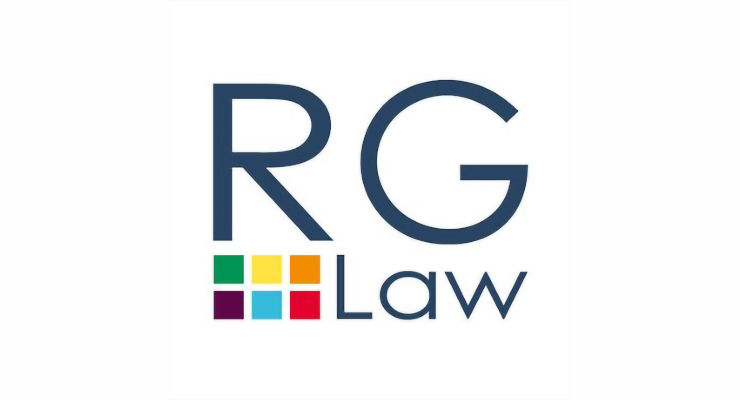WHY PARTNERING WITH THE RIGHT LEGAL PARTNER CAN AMPLIFY YOUR AGENCY BRAND
Blog By Adam Bainbridge, Sales Manager, RG Law
Over the last ten years, conveyancing has become far more challenging with transaction times lengthening and clients becoming more demanding. The conveyancing industry has made huge efforts to shorten the time to exchange, with the latest figures showing that over the last six months, the average time to exchange has reduced by 7.06%, from 132.37 days in October 2022, to 123.64 days in April 2023. (Source: TwentyEA, June 2023).
Without doubt, conveyancing delays puts huge pressure on the relationship between estate agents and law firms making the conveyancing process, fraught at times. However, law firms can take huge pressure off estate agents by providing timely expert legal advice, as well as answering and resolving client’s conveyancing queries.
Estate agents put their brand reputation in the hands of their law firm partner, who have a duty to support the agent in areas they are not familiar, or experienced in, and help manage issues together, as a team.
While many agents have great conveyancing partners, there are agents experiencing difficult relationships which threaten the service they provide to vendors and buyers. One of the main issues in relationships is when agents and conveyancers don’t understand when each other’s job ends and begins.
Having worked in estate agency for over ten years, I have worked on both sides of the fence and can relate to both, in terms of the issues they face. Choosing the right legal partner can be a crucial weapon for estate agents, protecting and enhancing their brand, whilst being an extension of their estate agency team.
Over the years I have witnessed negotiators interfering with a conveyancers’ cases, adding extra time which in turn, drives client complaints and conflicts. Considering we share the same issues, communication should be key. In some instances, there can be discrepancies in the updates provided by the conveyancer to the client and the negotiator, or even situations where the client receives an update from the conveyancer without the negotiator being informed. This lack of coordination can result in the negotiator appearing unprepared and uninformed when updating the client.
Additional pressure arises when the conveyancer has an assistant, and conflicting updates are given, such as one stating that “we have ordered searches” while another mentions “we have received the search monies from our client,” or “we have raised and sent enquiries to the other side” versus “we will raise enquiries today.” Although these discrepancies may seem minor, they create confusion for the client and negotiator, leaving them uncertain about whose information to trust. Trust plays a vital role in these situations.
Negotiators on the other hand, often make commitments to clients on behalf of the conveyancer. The golden oldie “I’m sure you can complete in 6 weeks!” In a specific scenario, a client was assured that the conveyancer would not need to inform the mortgage lender about changes in their circumstances, which was incorrect. The conveyancer was questioned as to why they couldn’t withhold this information from the lender.
It is important to recognise that our duty as professionals is to apply the law and not to take shortcuts. While the client may have been recommended to us by the estate agent, we must act solely in the best interest of our client and follow instructions exclusively from them, rather than the estate agent, which is sometimes overlooked. Working closely together to provide a smoother transaction for the client and achieve quicker results, can both build strong all round – it’s a win win!









